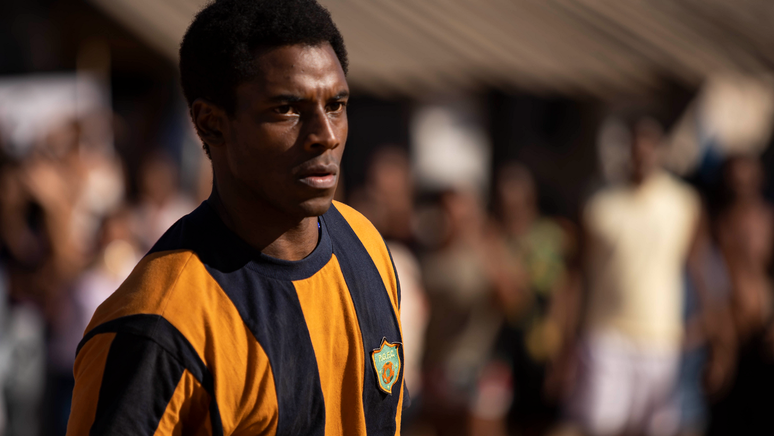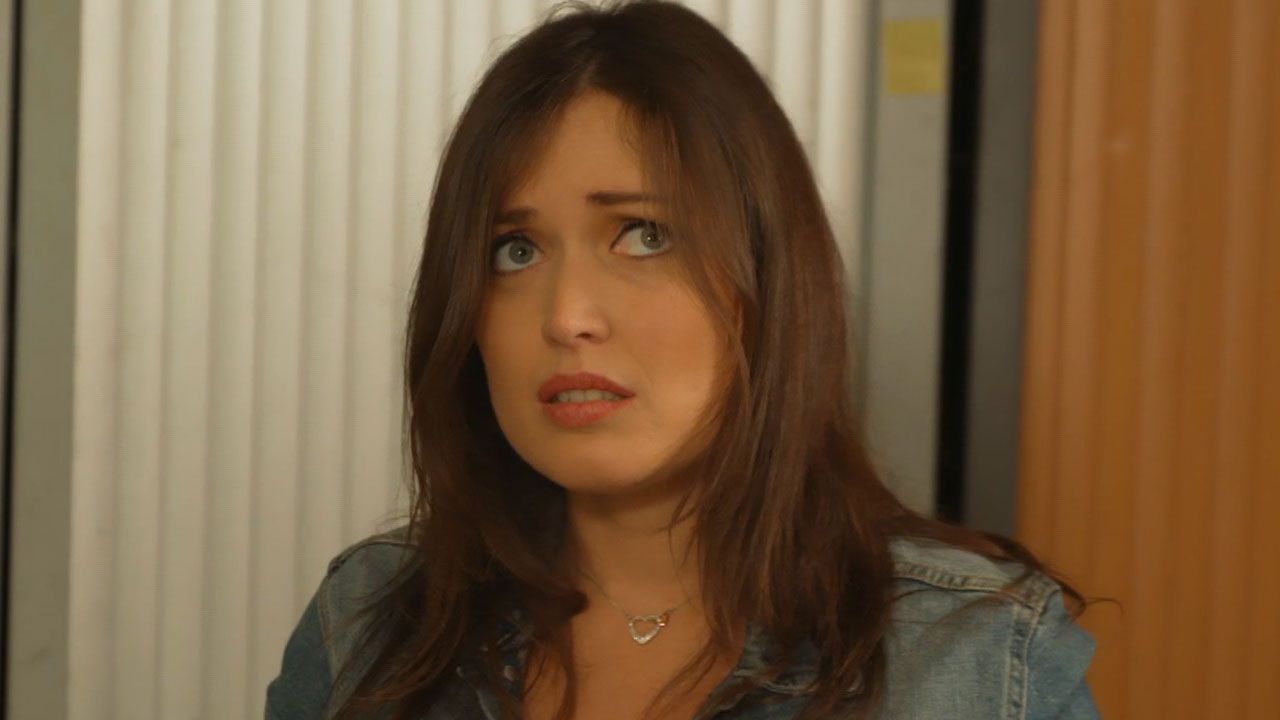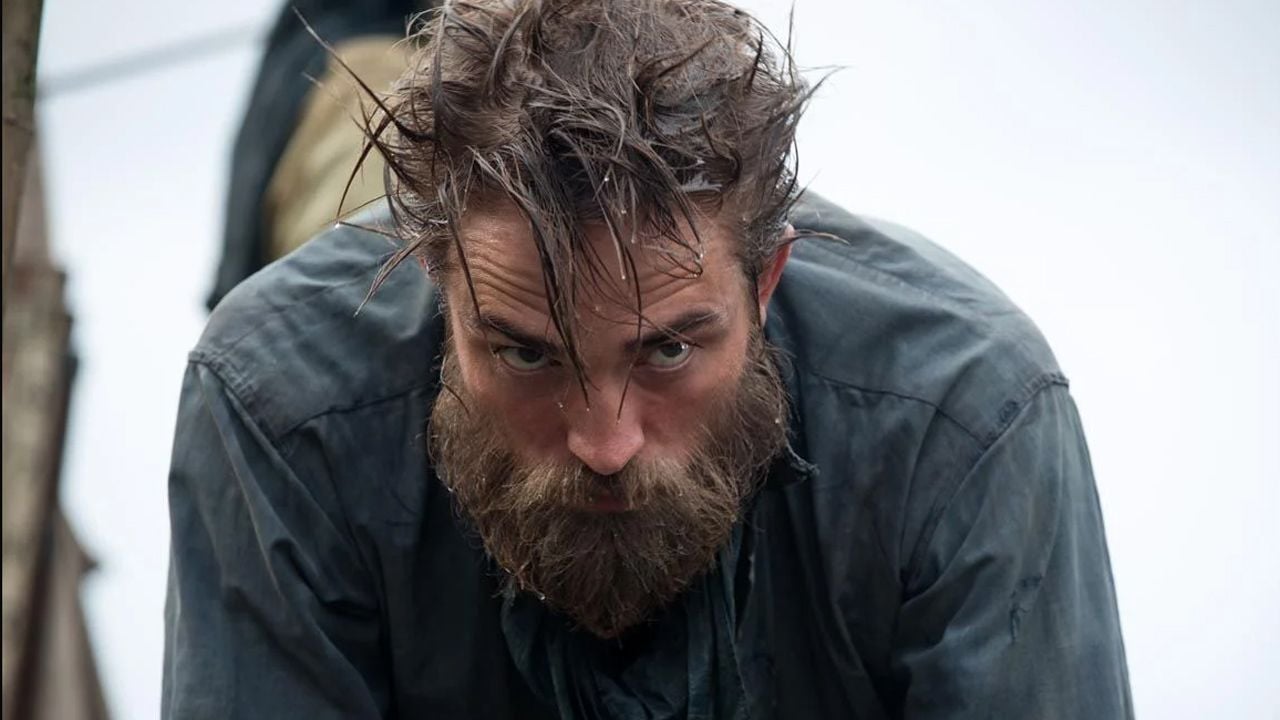The fictional series The Game that Changed History debuts on Globoplay, 6/13, with an intense and brutal plot that will shock viewers.
In collaboration with AfroReggae Audiovisual, Globoplay launches its new national series on June 13: The game that changed historya plot in 10 chapters, whose plot is based on real criminal factions that ruled Rio de Janeiro in the 70s and 80s. Created by José Junior and directed by Heitor Dhalia (.Serra Pelada), the work has a powerful plot and does not spare the audience with strong and violent scenes to portray the reality of Brazil in the last decades of the military dictatorship.
OR Canaltech has had access to the first two episodes and guarantees that the production has the potential to ensure that subscribers do not take their eyes off the screen every Thursday, given that the chapters will always be released in pairs on this day of the week.
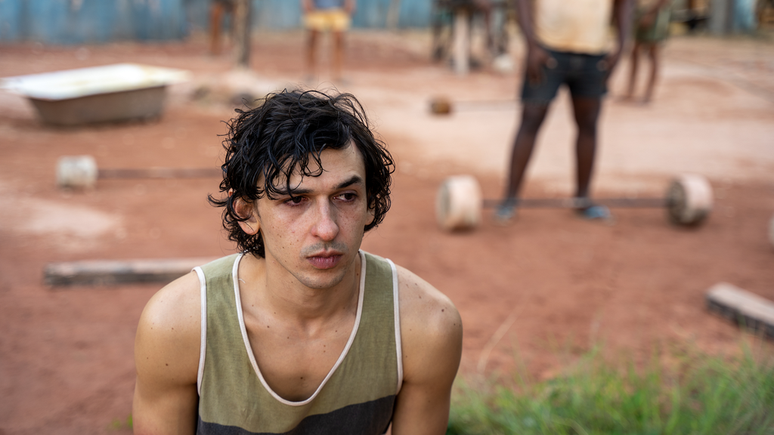
The story begins by showing the maximum security prison of Ilha Grande, commanded by two rival groups: the Falange do Jacaré and the Turma do Fundão, the future Falange Vermelha.
It is in this context that two newcomers arrive on site without knowing what awaits them. Egídio (Ravel Andrade), a young upper-class white man who is arrested after running over a colonel’s daughter, and Jesus Pedra (Raphael Logam), a rookie prison guard who needs his salary to pay for college , they are put in the middle of this little hell on earth. Inexperienced, the two must deal with an unhealthy physical space, constant threats, physical torture and, in Egídio’s case, gang rape.
Everything gets worse when the factions clash and start a small fire in the area, resulting in the annihilation of much of one group. On the outside, Morro da Promessa’s drug leader Gilsinho (Jonathan Azevedo) becomes an ally of Falange Vermelha.
The consequences of the clash within the prison also influence the routine of the favelas that previously lived in harmony and now belong to rival factions, as in the case of Parada Geral and Padre Nosso, where an emblematic football match between the teams takes place. turn into a real war that lasts 25 years.
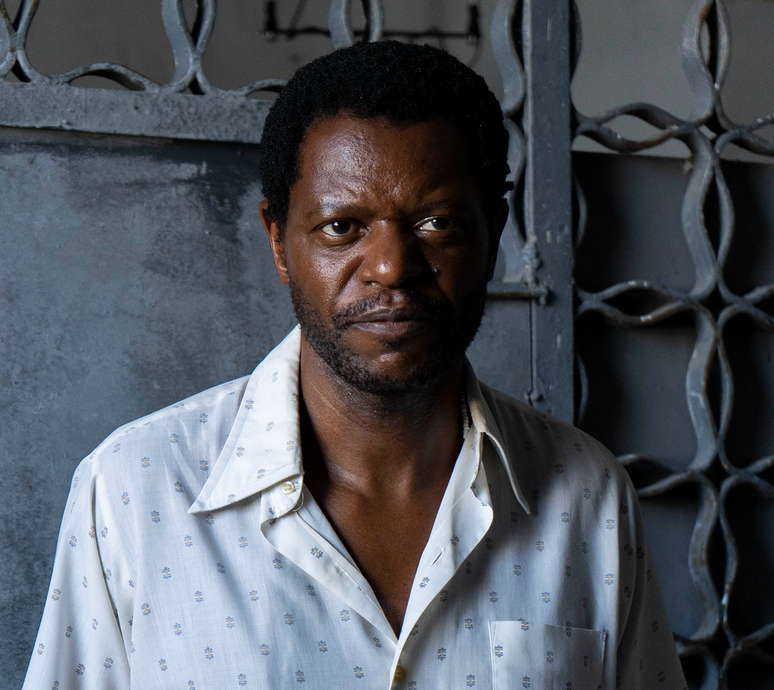
Based on real facts
Despite having an imaginary plot, The game that changed history it is inspired by true events that happened in the favelas of Rio, in particular in Vigário Geral, Parada Lucas, Parque Analândia and Rocinha, places where the plot was recorded. Screenwriter José Junior commented in a press conference that to create the story he did not rely on any book or film, but rather on his experience within the communities.
He stressed that the plot will not be told from the point of view of a journalist, the police or anyone who is not actually the protagonist of the plot. “It’s a story told from the point of view of the criminal agent, the criminal, the resident of the community,” she guarantees.
And, to show all this, Junior chose a predominantly black cast, which includes Babu Santana, Fabrício Assis, Samuel Melo, Jailson Silva, among others, and also emphasized the importance of preserving the actors’ accents in the plot. “It’s a series of accents, this was a combination between me and Dhalia, so that there was no erasure of any way of speaking.”
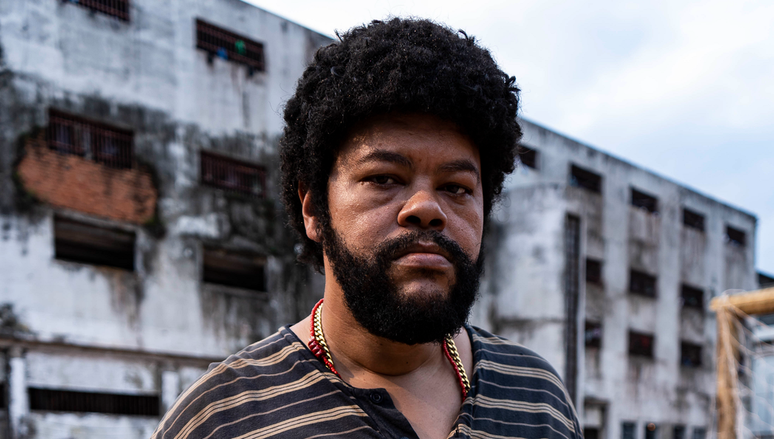
It is also important to note that the cast is mainly made up of actors from the favela. Babu, for example, grew up and grew up in Vigário Geral and, therefore, did not have much difficulty in bringing to life Hoffman, a charismatic criminal serving on the Ilha Grande.
He said that he was inspired by everything he saw since he was little and that, indeed, life in the settlements allows you to coexist with police officers, criminals, children of criminals, ordinary citizens, fathers and mothers, etc. . The actor also reiterated how happy he is to see that the series was created by someone who understands this context.
“I agreed to play this type of character only because it was his creation (José Júnior), a peripheral person with an inside look at the situation.”
- Sign up for Canaltech Offers and receive the best Internet promotions directly on your mobile phone!
A look at the historical period of Brazil
Although the first two episodes do not delve much into the political scenario of the country in that period, they contextualize that Brazil lived under the eyes of the military dictatorship and that there were people who were arrested because they were considered subversive or simply because they displeased the people. current government.
Otávio Muller is one of them. He plays a man who dies in Ilha Grande while waiting for the amnesty decree for political prisoners. Alongside murderers, drug dealers and robbers, he spends his days reading and listening to music, teaching his colleagues the subliminal messages behind the songs.
Over the course of the plot, this geopolitical arc is expected to be further explored, with new prisoners joining the group and freedom movements emerging, at the same time as cluster dramas take shape.
It is also important to know that, without providing many details, the actors let slip that the series will have a second season. So it’s good to keep your eyes open because news will be announced soon.
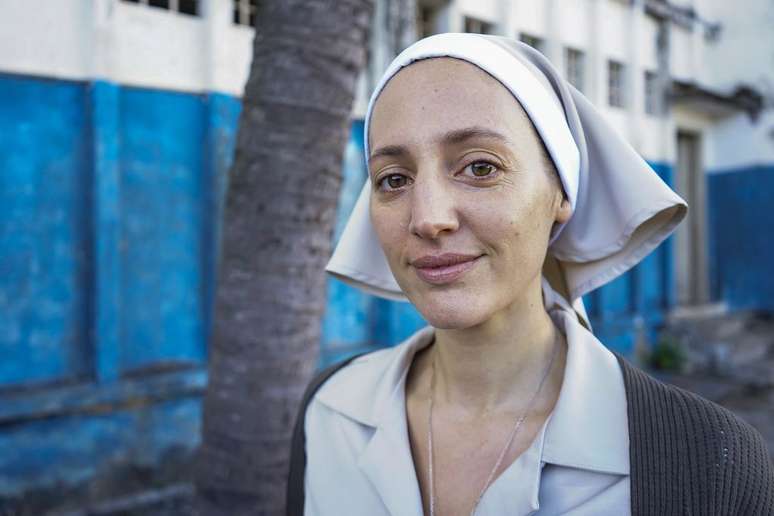
Remembering it The game that changed history will premiere on June 13, with weekly episodes released on Thursdays on Globoplay.
Trends on Canaltech:
- Anatel launches a free online tool to compare operator offers
- Iron Man gets armor that’s a love letter to retro sci-fi
- Globoplay will have a 92% increase in the annual plan with Disney+
- 7 Free Alternatives to ChatGPT
- X/Twitter publishes adult content and becomes a competitor to OnlyFans
- The scientist spends 100 days underwater and reports changes in his body
Source: Terra
Rose James is a Gossipify movie and series reviewer known for her in-depth analysis and unique perspective on the latest releases. With a background in film studies, she provides engaging and informative reviews, and keeps readers up to date with industry trends and emerging talents.

